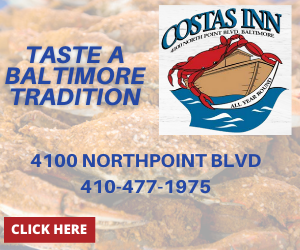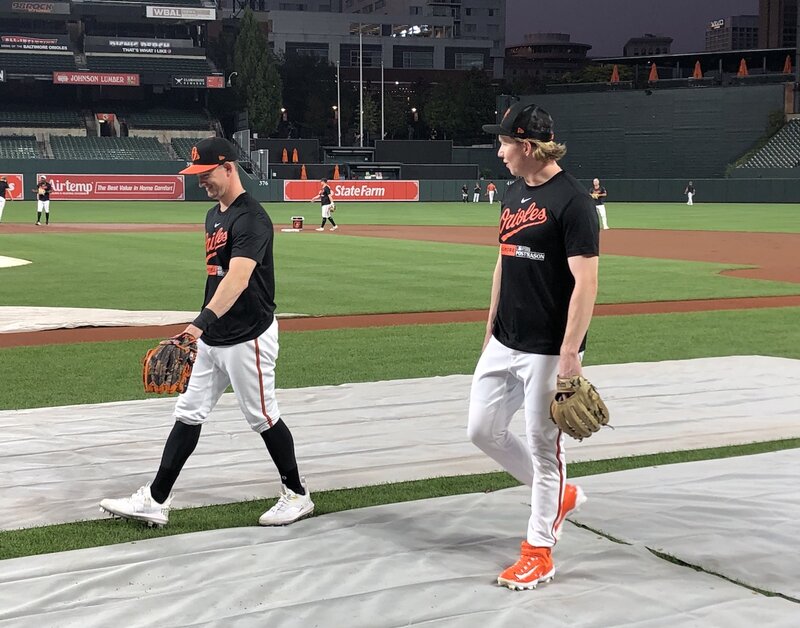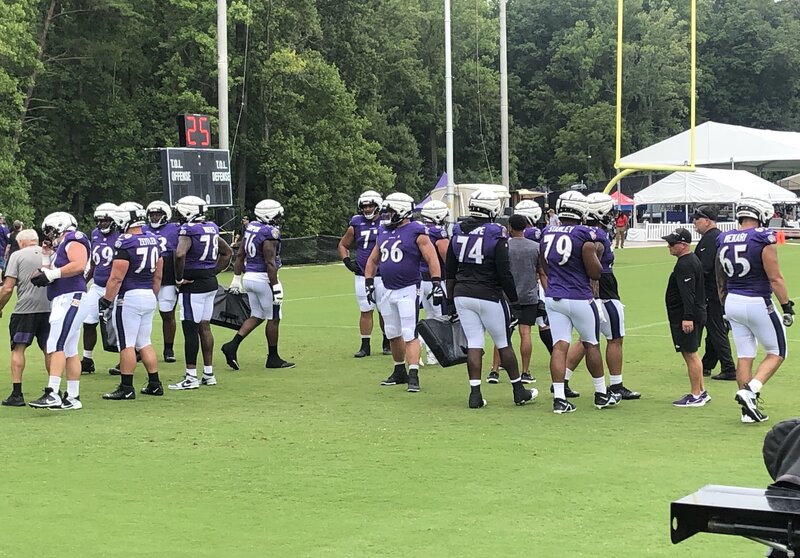this paper-thin lie was now being exposed.
Annually.
The Orioles brought a cache that opened doors not just in Maryland but also to the President of The United States and all the way to a front row seat at a baseball game with a modern-day dictator, despot and murderer like Fidel Castro.
For Angelos, it was the company it would attract – the business and access he could obtain by showing the likes of Cal Ripken off in Annapolis when he wanted a bill passed or a judge or political activist to be impressed. And, yes, that happened all the time. That was the extra perk of being a MLB owner and becoming “Washington’s baseball team.”
Angelos still had what mere money or even an election couldn’t buy – he had the attention of the city he loved. His decisions were even more important than the mayor’s to the millions of fans of the baseball team.
And all of a sudden, now looking for answers, Angelos was looking to avoid the media, avoid the spotlight and the transparency of being accountable to the fans, the media, the sponsors and the greater good of being downtown’s most significant tenant and draw in the summer. Hotels, restaurants, bars – real industry – depended on the Orioles being relevant, competitive, and, well…loved.
It was becoming increasingly difficult for any fan with a brain to sustain their “love” for the franchise when the owner was involved in the daily tyranny and destruction of the team on the field. It was a soap opera of chaos on a seemingly daily basis and none of it made much sense to people who traditionally worked in Major League Baseball.
Once Angelos researched what the industry term “general manager” indicated in the MLB circle, he decided to abolish the role and title with the Orioles. Instead, he promoted Syd Thrift to “Director of Player Personnel” – just as Ken Rosenthal of The Sun predicted he would five years earlier when Angelos went berserk with a three-page memo and personal attack on the newspaper columnist the day Thrift was hired by the owner.
Now, Rosenthal was writing in The Sun that, in effect, Angelos had finally selected a general manager he truly trusted: himself.
Since Peter Angelos and his two sons effectively run things, and trusted baseball advisors like director of player personnel Syd Thrift, farm director Tom Treblehorn, and scouting director Tony DeMacio are already on hand, what’s the real need for a GM?
Apparently, none. With the winter meetings just two weeks away, the Orioles will go to Anaheim – and into next season – with a committee, but no single person in the role of GM.
Instead, Angelos will serve as his own GM, while relying on Thrift, Treblehorn and DeMacio for guidance, with input from his sons John and Lou.
“Mr. Angelos feels the term general manager is obsolete and I agree with him,” Thrift said. “We’re going to keep working to turn this thing around and we’re all going to be working together.”
Still without a manager, Angelos went into the marketplace looking for a big name and found no takers. Jim Leyland and Tony LaRussa turned him down. Don Baylor and Phil Garner also indicated they didn’t want to work for Angelos.
Instead of doing the hiring himself, he appointed a committee that included Angelos’ son John, who was considered a team vice president, chief operating officer Joe Foss, Thrift and Treblehorn.
Jim Riggleman, Sam Perlozzo, Marv Foley, Mike Hargrove, Rick Dempsey, Ken Griffey Sr., Hal McRae and Grady Little all interviewed with the mostly non-baseball personnel group in Baltimore. While the committee of baseball men pushed for Boston bench coach Grady Little to be hired as manager, Peter Angelos instead opted for the quiet Texan and former big leaguer, Hargrove.
On Nov. 1, 1999, Mike Hargrove, fresh off of a 97-win season with the Cleveland Indians and fired just two weeks earlier after a power struggle with general manager John Hart, accepted an offer to become the next manager of the Orioles.
“He comes with an outstanding record,” John Angelos said. “But when you get to know him and see what kind of person he is and see how he responds to questions, you really get a feeling of how well-grounded he is. . . . He was strong in so many different areas, and all five of the people in the interview process felt the same way.”
The Orioles, despite all of the warts, odor and persistent issues, somehow still managed to attract a two-time World Series manager who was bringing a chip on his shoulder from Cleveland, where he felt abandoned and underappreciated. He was so fond of his time with the Indians – as a player and wildly successful manager – that he openly sobbed when meeting the media on Oct. 15.
“I don’t know of any manager ever getting fired after winning 97 games,” Hargrove told The Washington Post a month later. “But then again, I don’t know of any manager who was rumored to be fired as often as I was over the course of 8 1/2 years. I don’t hold grudges. But if I think about it, I get very angry about it.
“I told Mr. Angelos I don’t need this job, I want this job,” Hargrove said at the Warehouse news conference when he took the job. “I think this ball club is a lot closer than people believe. I looked at the commitment of ownership to bring a product to the field that would have a chance to win immediately. I looked at the fan support. And I looked at what sort of city or environment I would be bringing my family into.”
Given his issues with his former boss John Hart, whom Hargrove always believed was trying to get him fired by the Jacobs family who owned the Indians, this wouldn’t be Grover’s first time at the rodeo with the wacky politics of baseball leadership. As a player, he was known as “The Human Rain Delay” because of his fidgety, slow pace in getting in and out of the batter’s box. Patience was a big part of his life view.
But it was quite telling that when he was asked, transparently, at the initial news conference if he knew whom he was reporting to in a chain of command with the Orioles, he never really answered the question.
“I have a decent idea of who I’ll need to talk to,” Hargrove said, without giving a specific name. “Even on a GM-by-committee, there has to be a point man. I was given every indication that I would be involved in the decision-making process in everything we do. I came into this very open-minded [about Angelos]. Obviously, he has every right in the world to be involved in it, and I have no problem with that. But he has told me that every decision about the team’s direction will be my decision.”
It was the same refrain that Pat Gillick, Davey Johnson and Frank Wren were given by Angelos. All would later essentially call the Orioles owner a liar – or worse.
As the new skipper, Hargrove inherited all of the same problems Ray Miller had contended with over the past two years and he’d be subjected to doing it with a baseball think tank committee led by Syd Thrift, who was everything he was reported to be years earlier by Ken Rosenthal of The Sun. Thrift had been Angelos’ “insider” on the baseball side for five years and had earned the trust of the owner with secret meetings, tattletales and clubhouse fodder.
The clubhouse had long been characterized as a “working caste” system by some and “dysfunctional” was the word the previous manager used on his way out. Cal Ripken and Brady Anderson, both who were coming to the end of their productivity as legitimate front-line MLB players, had it written into their contracts that they didn’t have to travel with the team or stay at the team hotel on the road. In general, the Latin players hung with the Latin players, the golfers golfed and the fisherman fished on days off. The best player on the team, pitcher Mike Mussina, was coming into the final year of his contract but strangely
































